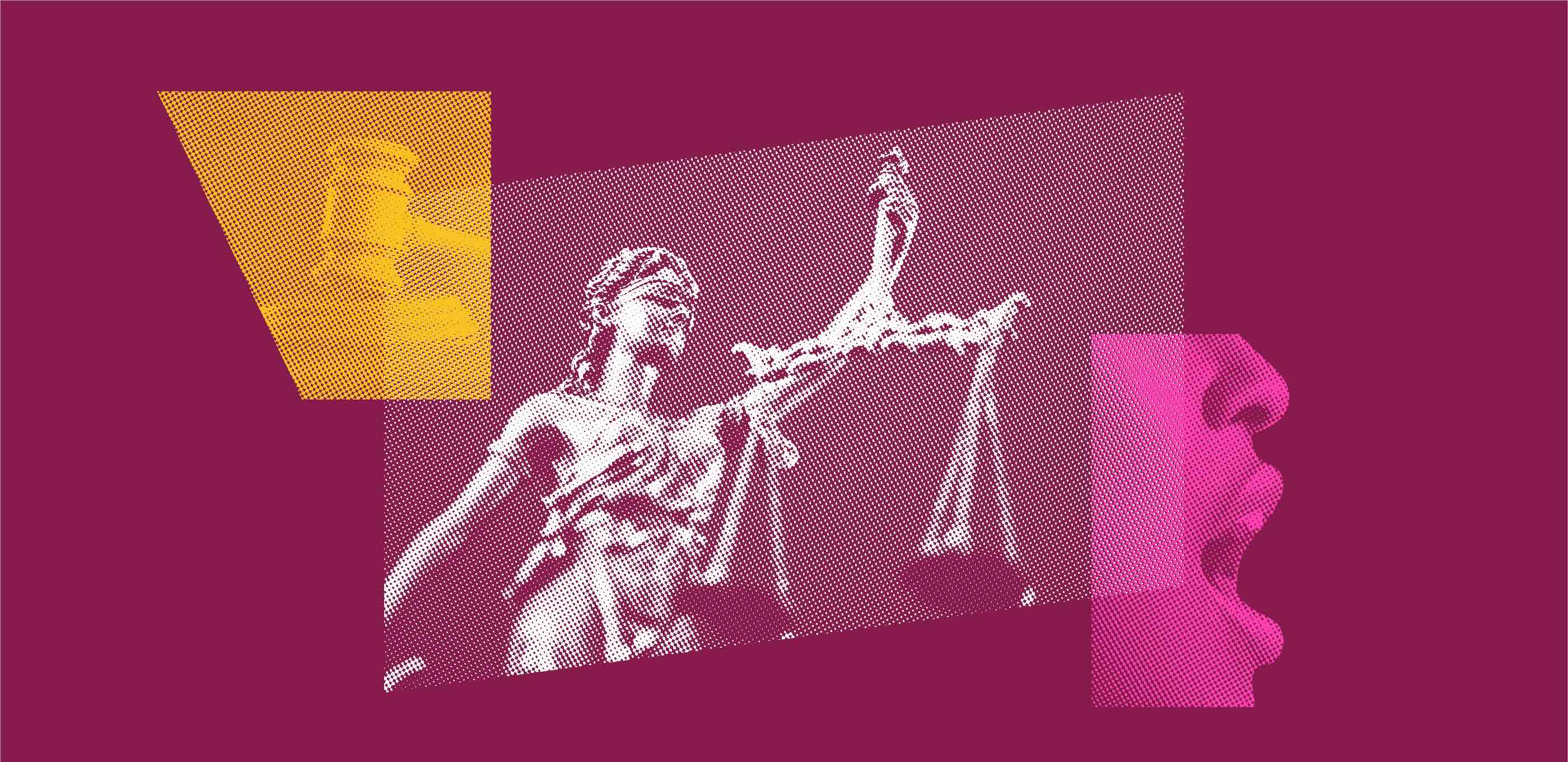
Al-Aulaqi v. Obama - Constitutional Challenge to Proposed Killing of U.S. Citizen
What's at Stake
The American Civil Liberties Union and the Center for Constitutional Rights (CCR) filed a lawsuit in August 2010 challenging the government's asserted authority to carry out "targeted killings" of U.S. citizens located far from any armed conflict zone.
Summary
In Al-Aulaqi v. Obama (Al-Awlaki v. Obama), the groups charged that the authority contemplated by the Obama administration is far broader than what the Constitution and international law allow. Outside of armed conflict, both the Constitution and international law prohibit targeted killing except as a last resort to protect against concrete, specific, and imminent threats of death or serious physical injury. An extrajudicial killing policy under which names are added to CIA and military “kill lists” through a secret executive process and stay there for months at a time is plainly not limited to imminent threats.
The groups charged that targeting individuals for execution who are suspected of terrorism but have not been convicted or even charged — without oversight, judicial process, or disclosed standards for placement on kill lists — also poses the risk that the government will erroneously target the wrong people. In recent years, the U.S. government has detained many men as terrorists, only for courts or the government itself to discover later that the evidence was wrong or unreliable.
The legal complaint alleged that the government's refusal to disclose the standards it uses for authorizing the premeditated and deliberate killing of U.S. citizens located far from any battlefield violated the Constitution. The groups argued that the American people are entitled to know the standards being used for these life and death decisions.
A federal court dismissed the case on December 7, 2010
Legal Documents
-
12/07/2010
Al-Aulaqi v. Obama - Decision
-
10/18/2010
Al-Aulaqi v. Obama - Defendants' Reply to Plaintiff's Opposition to Defendants' Motion to Dismiss
Date Filed: 10/18/2010
Download Document-
10/08/2010
Al-Aulaqi v. Obama - Declaration of Professor Bernard Haykel
Date Filed: 10/08/2010
Download Document-
10/08/2010
Al-Aulaqi v. Obama - Declaration of Professor Mary Ellen O'Connell
Date Filed: 10/08/2010
Download Document-
10/08/2010
Al-Aulaqi v. Obama - Reply Memo in Support of Plaintiff's Motion for a Preliminary Injunction and in Opposition to Defendants' Motion to Dismiss
Date Filed: 10/08/2010
Download Document-
09/25/2010
Al-Aulaqi v. Obama - Notices Filing Declarations By Robert M. Gates, Leon E. Panetta And James R. Clapper
Date Filed: 09/25/2010
Download Document-
09/25/2010
Al-Aulaqi v. Obama - Government Exhibits
-
09/25/2010
Al-Aulaqi v. Obama - Defendants’ Motion For Leave to File Out Of Time
Date Filed: 09/25/2010
Download Document-
09/25/2010
Al-Aulaqi v. Obama - Opposition to Plaintiff’s Motion For Preliminary Injunction And Memorandum In Support Of Defendants’ Motion to Dismiss
Date Filed: 09/25/2010
Download Document-
08/30/2010
Al-Aulaqi v. Obama - Complaint
-
08/30/2010
Al-Aulaqi v. Obama - Memo in Support of Plaintiff's Motion for Preliminary Injunction
Date Filed: 08/30/2010
Download DocumentPress Releases
ACLU Statement on Killing of Anwar Al-Aulaqi
Court Dismisses Targeted Killing Case On Procedural Grounds Without Addressing Merits
Obama Administration Claims Unchecked Authority To Kill Americans Outside Combat Zones
Rights Groups File Response To Government's Attempt to Dismiss Targeted Killing Case
Rights Groups File Challenge To Targeted Killing By U.S.
